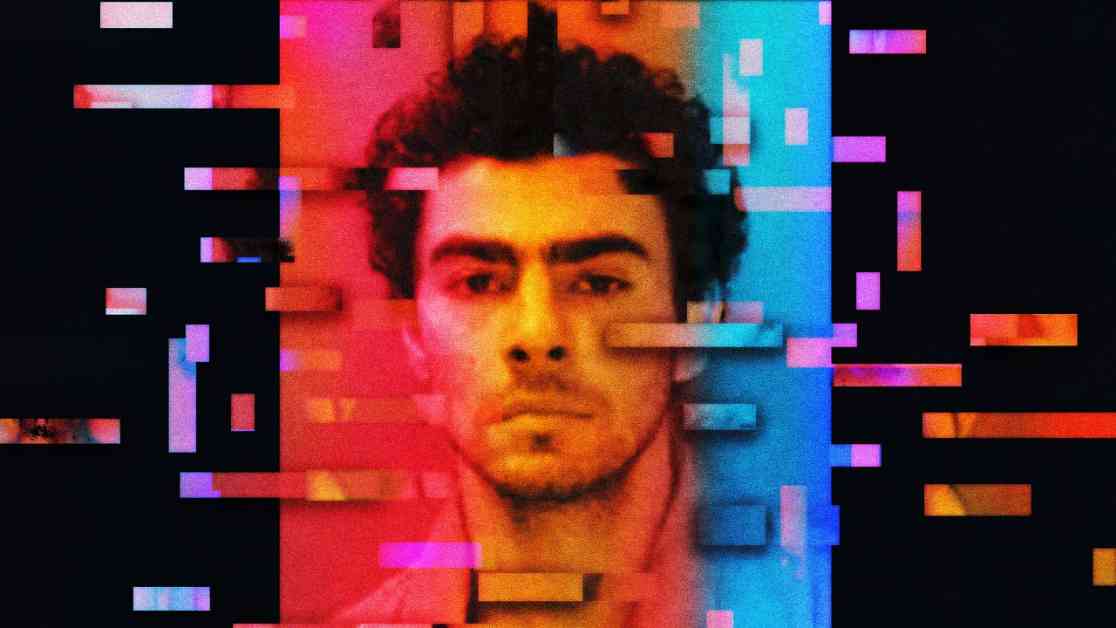Luigi Mangione: The Rise and Fall of a Modern Antihero
Luigi Mangione, a member of a wealthy Maryland family, valedictorian of an elite private school, and an Ivy League graduate, has recently captured the nation’s attention. His disappearance months ago left family and friends concerned, only for him to resurface as America’s most wanted man, linked to the fatal shooting of Brian Thompson, the CEO of UnitedHealthcare, the world’s largest health-care company. Mangione, described as handsome and muscular, has been charged with Thompson’s murder and is currently fighting extradition to New York while imprisoned in Pennsylvania.
Online Outrage and Support for Mangione
Internet communities have rallied around Mangione, adorning his photos with glittery graphics and heart emojis, creating fancams set to music, and even attempting to provide him with alibis through edited snapshots. His alleged motive, as indicated by a note found on him during his arrest, points to a critique of UnitedHealthcare’s practices, highlighting the exorbitant costs and profit-driven decisions that impact patients’ lives. The outpouring of support for Mangione online reflects a broader discontent with the current state of the healthcare system in the United States.
The Myth of the Antihero
Comparisons have been drawn between Mangione and historical outlaw-heroes like Jesse James and Pretty Boy Floyd, who challenged oppressive systems through their actions. Mangione’s alleged descent into violence, possibly triggered by a back injury and medical treatment, paints a complex picture of a man pushed to extremes by personal circumstances and societal injustices. His symbolic gestures, like leaving Monopoly money for the police, echo the tradition of antiheroes who challenge authority in unconventional ways.
The Emergence of a New Folk Ballad
In the wake of Mangione’s actions, a new genre of health-insurance murder ballads has emerged, drawing inspiration from traditional folk songs that romanticize outlaws and rebels. Artists like Jesse Welles have crafted poignant songs that critique the profit-driven nature of the healthcare industry while humanizing those who challenge its status quo. These ballads serve as a form of protest and catharsis for individuals grappling with the complexities of modern society.
In conclusion, while Mangione’s alleged crimes are reprehensible, they have sparked a broader conversation about the flaws in the healthcare system and the societal pressures that can drive individuals to extreme actions. The tale of Luigi Mangione is a modern-day saga of rebellion, injustice, and the blurred lines between heroism and villainy, inviting us to question our own values and beliefs in the face of adversity.












